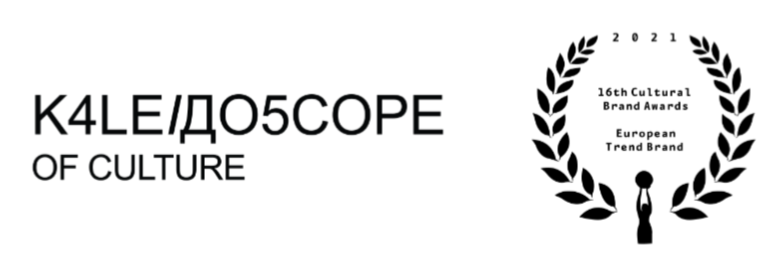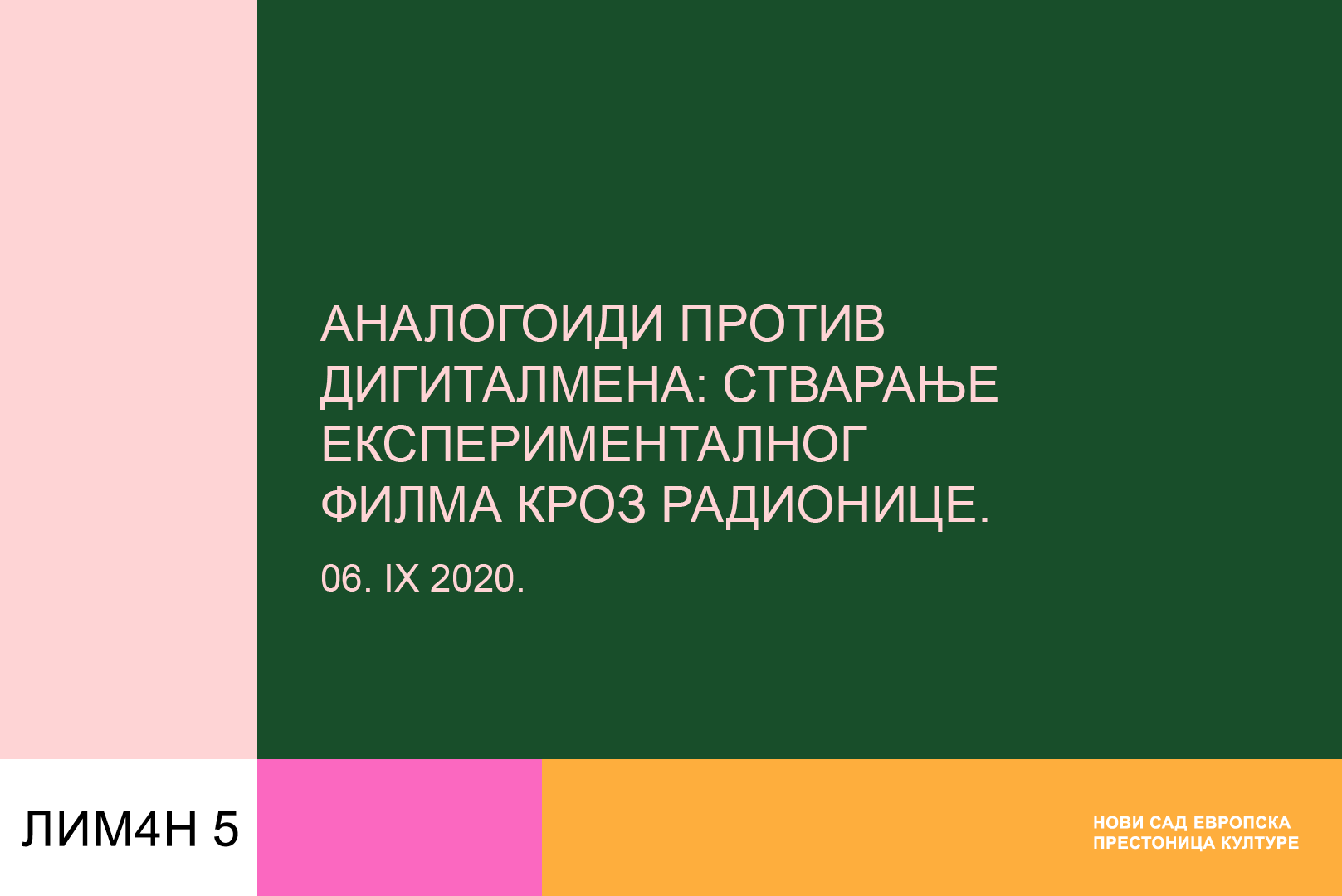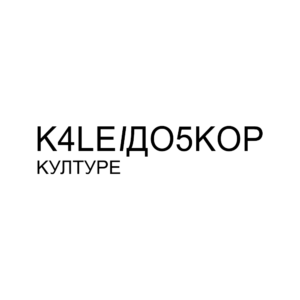Film enthusiasts will have a chance to attend the lecture on filmmaking ‘‘The Analogous vs. Digital Men’ by the director Filip Markovinović, on Sunday 6 September at 5 p.m. within the grand opening of the third Kaleidoscope of Culture.
This lecture will be an introduction into the series of workshops which are going to take place in the following period, with an experimental film as the main goal. As Filip Markovinović says, the basic idea is for the participants to, through practical work, try some of the usual techniques, which they encounter when working on the experimental film.
‘The idea is to work on the filmstrip first, then digitalize what has been done so far, and then process it digitally, i.e. destroy it, because we will do the glitch as well as intervention on the analogue signal. That’s where the title of our workshop ‘The Analogous vs. Digital Men’ came from. We will do something analogue, and then the Digital Men are going to let that through their equipment. We’ll see who’s going to win, but in this round, the digital men have an advantage. I’ll be the moderator of the workshop, with the guest lecturers Ivan Velisavljević, who is going to present the theoretical part of the workshop, and Incredible Bob, who is going to lead the digital part of the workshop. The idea is for the participants to divide into groups, smaller teams, which will then use different techniques –filming, scraping the filmstrip, collaging of materials onto filmstrips… It’s definitely going to be fun,’ explains Markovinović.
Besides the workshops, the participants will have a chance to attend the lecture ‘How I Stopped Fearing and Started Loving Experimental Film’ led by the film critic and member of the Academic Film Centre from Belgrade.
‘The lecture was designed as a fun guide through the basics of experimental film, with great amount of examples. The goal is for people to get information as to what experimental film is, how it is evaluated and how not to fear it. We want to bring experimental film closer to the wider audience, because there is a prejudice that this type of programme is only for the experts in the field, that experimental film is not for everyone and that it’s difficult for ordinary people to understand it. And it’s not like that, and we’re going to show that. At the end of the lecture, participants of the workshop will get a badge for being a certificated audience of experimental film,’ says Filip Markovinović.
Analogous are passionate fans of the old technologies. The neologism in this precise case refers to the fans of filmstrips, but, strictly speaking, the analogue video is also an electronic signal, i.e. what is known as the old, good video, VHS (Video Home System), Betamax, Hi8, says the director from Novi Sad.
The final product of the workshops is going to be a short experimental film on the topic ‘Happy in Novi Sad’, made of four different segments.
‘When choosing a topic for the workshop, it’s always best to choose something that’s general, that can be interpreted in different ways. Ours is inspired by a piece of an old filmstrip which is going to be processed. An answer to the topic can be literal, ironic, in any case, it gives a number of possibilities. The final product is going to be interesting to watch, hopefully. In a way, it’ll speak about Novi Sad. In the end, we are supposed to get one experimental film made of various segments. The quality of that final product is not as important as the working process itself,’ states Filip.
As for the question on what he, as a member of Novi Sad cultural scene, sees in the European Capital of Culture title, Filip says:
‘Firstly, the actual work of the Novi Sad cultural scene is going to be more noticeable, and hopefully those worth it are going to get additional affirmation. On the other hand, all the problems that the cultural scene encounters are going to be more visible too, which is a good opportunity to track them down and, hopefully, do something about them. I think this is a period when the new models of work and functioning of the cultural scene are being analysed and established. It’s not something that will disappear after 2022, but the adopted models of presenting, financing and work in general, will continue to live and will become a part of us. It’s definitely an opportunity to strengthen the local scene, either through grants like this one, financing the particular art, or education, which is even more important. This is not going to solve all of our problems, we are far from that, but, in this unpredictable situation with economic crises at stake, I think it’s good that we live in a city which focuses on culture.’


